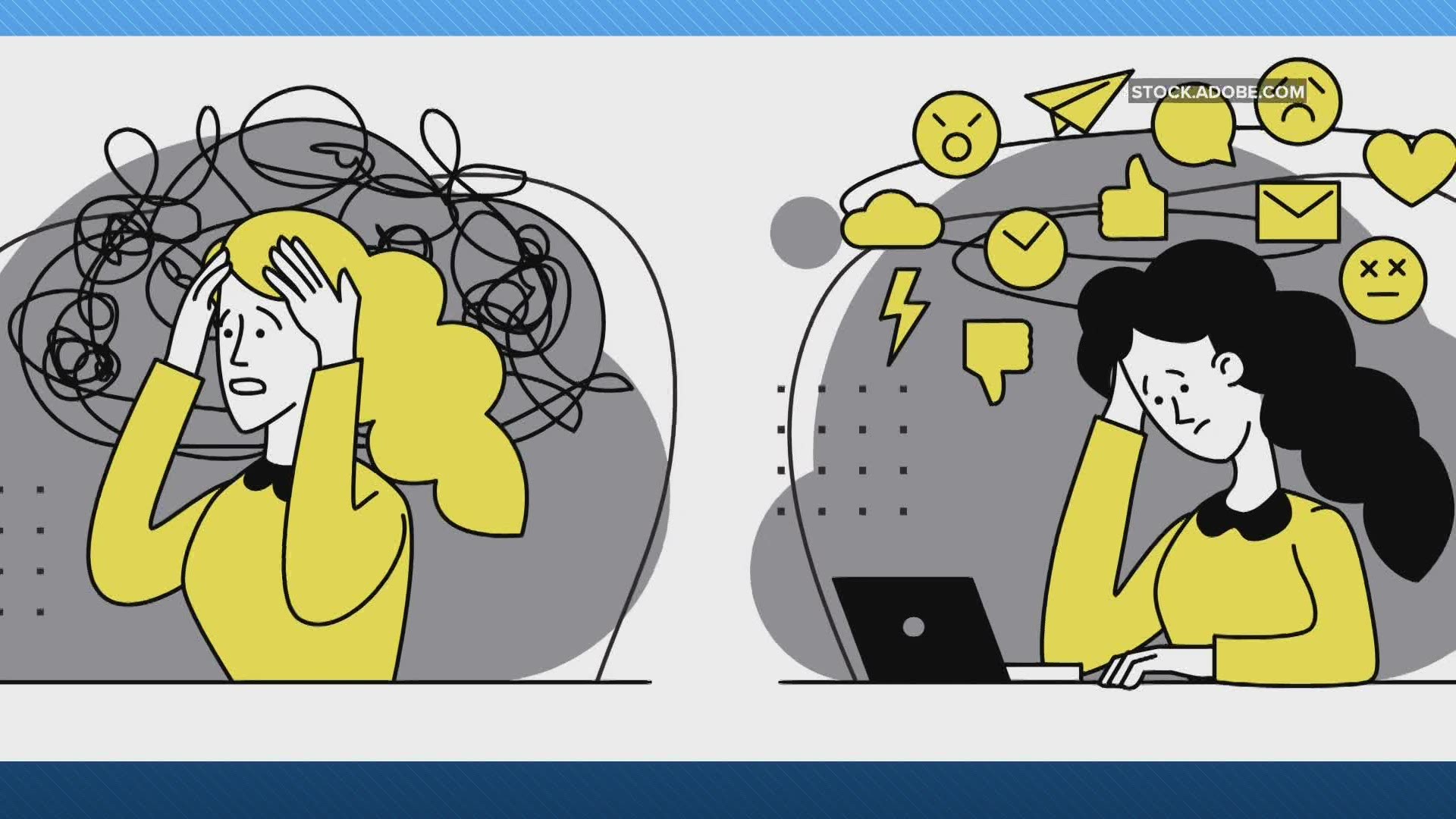PORTLAND, Maine — Emotions have gotten the best of many of us through this pandemic, but struggling to come out of those emotions can be a sign of something deeper.
Licensed clinical psychologist Dr. Colleen Cira talked with us about emotional complexity. Frequent mood changes can be one symptom, but how do you know if your loved one is emotionally complex? And if they do, how can you best support them?
Here's what Dr. Cira had to say:
Emotionally complexity can mean a lot of things, but generally, it can be understood as someone who is difficult to predict how they will feel, think, behave, or react. Your partner may be emotionally complex if they:
- Experience frequent mood changes. If you feel like you never know what kind of mood your partner will be in, this speaks to emotional complexity. Your partner may be easily triggered by things that happen in their day-to-day life, which means what starts out as a perfectly good day can change quickly.
- Feel things deeply. Someone who is emotionally complex is likely also very sensitive. About 15-20% of the population meets the criteria for being a highly sensitive person (The Highly Sensitive Person). When people are highly sensitive, not only do they experience a wider range of emotions than folks who are not highly sensitive, they also experience their emotions more fully.
- Are very empathetic toward others. If your partner can easily take someone else’s perspective or can really feel what someone else is experiencing, chances are your partner is highly empathic. And folks who are highly empathic—again about 20% of the population (Cry at Films? Blame Your Genes)—can often quickly and frequently change mood states because they can very easily feel the energy of people around them.
- Have a trauma history. Does your partner have a trauma history? Were they abused or neglected as a child/teen? Did they have a parent or caregiver who was really incapacitated in some way—due to substance abuse, a mental illness, or a major medical issue? If so, then this is likely a sign that your partner may be emotionally complex. People who have experienced subpar parenting or any very stressful event during childhood often go on to become adults who are emotionally complex, for a variety of reasons.

